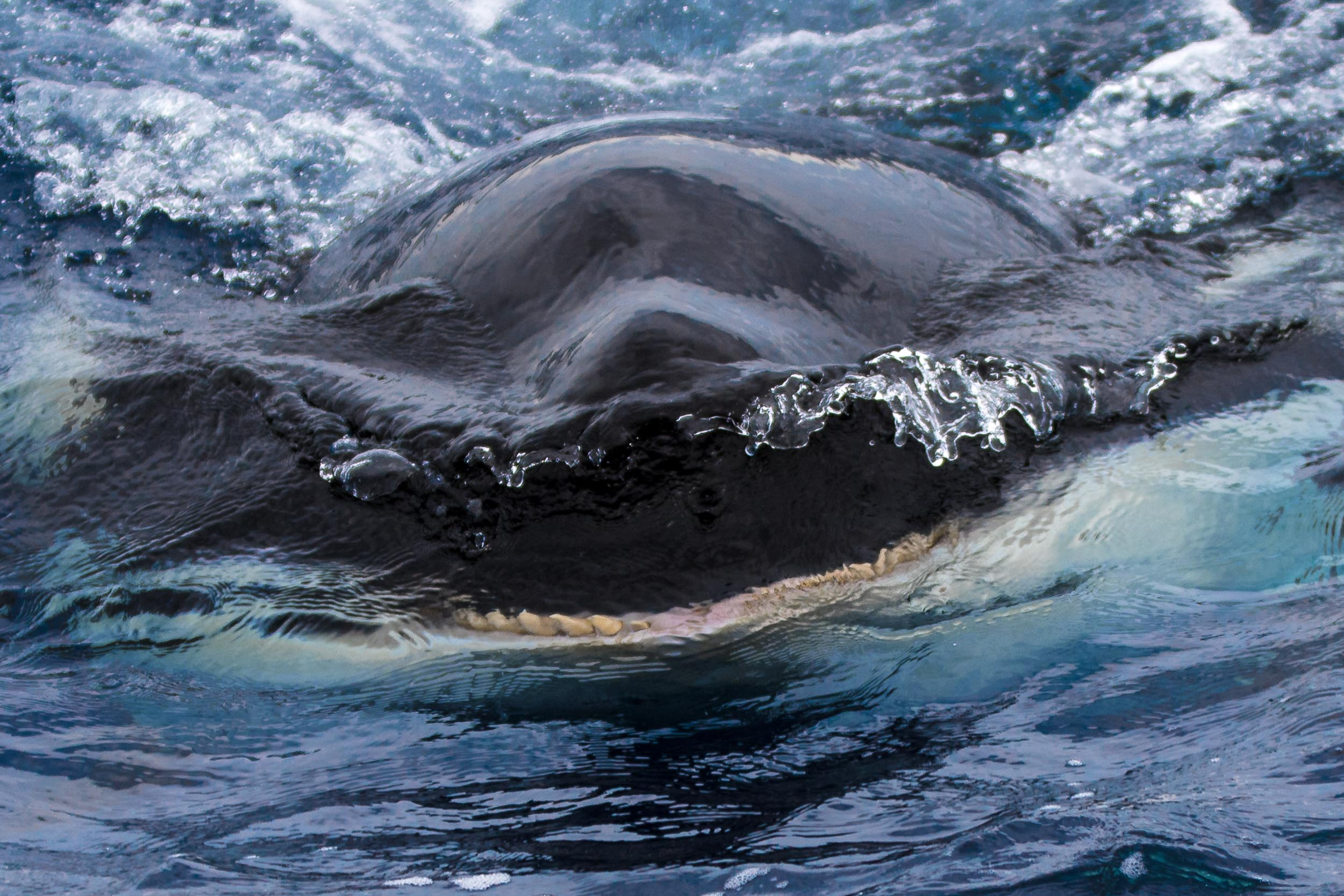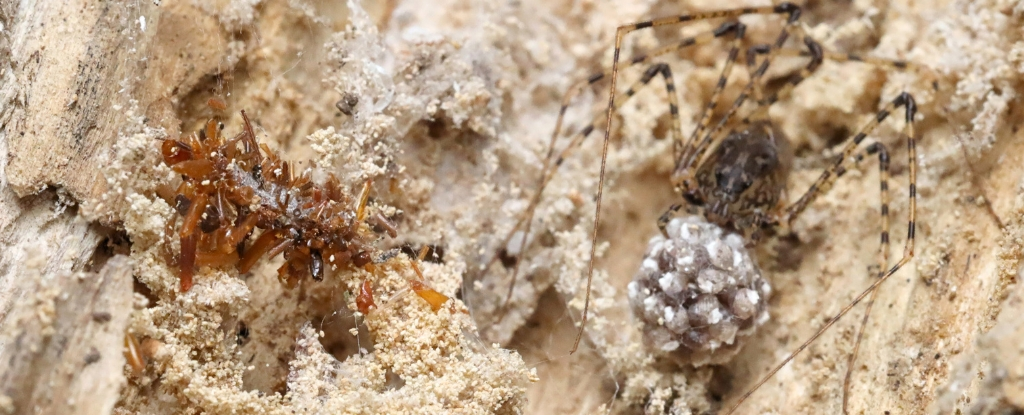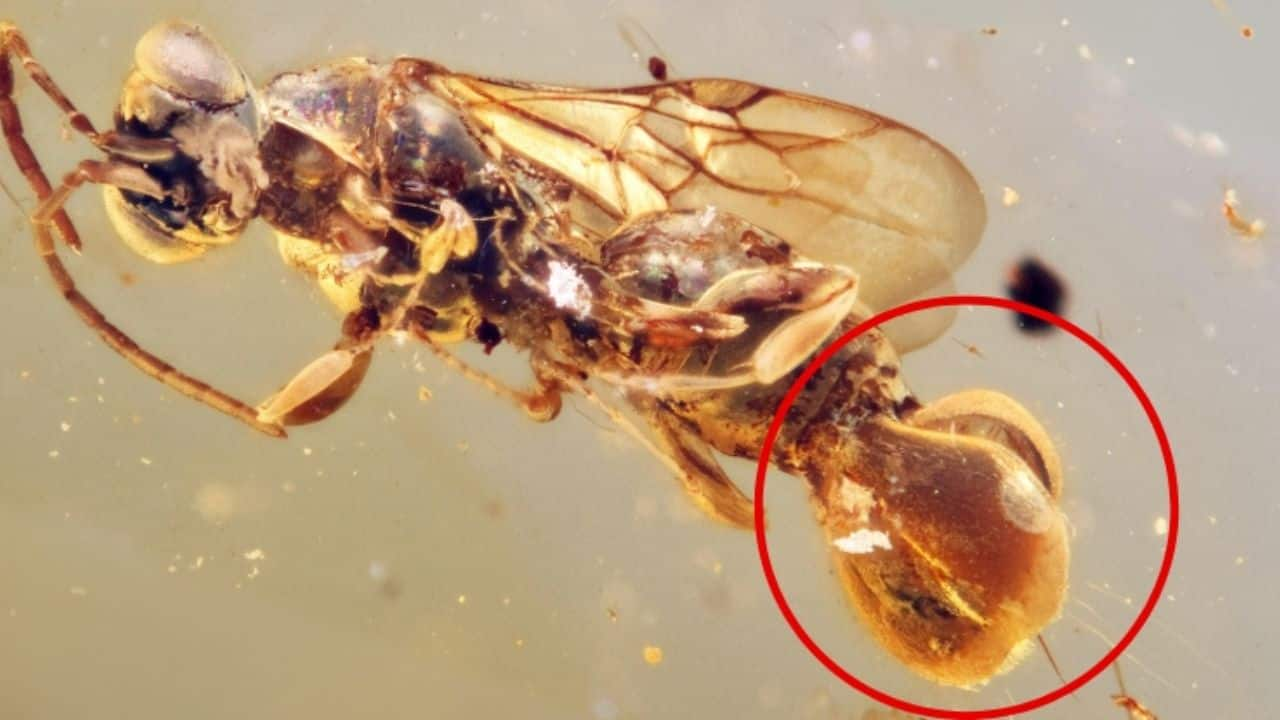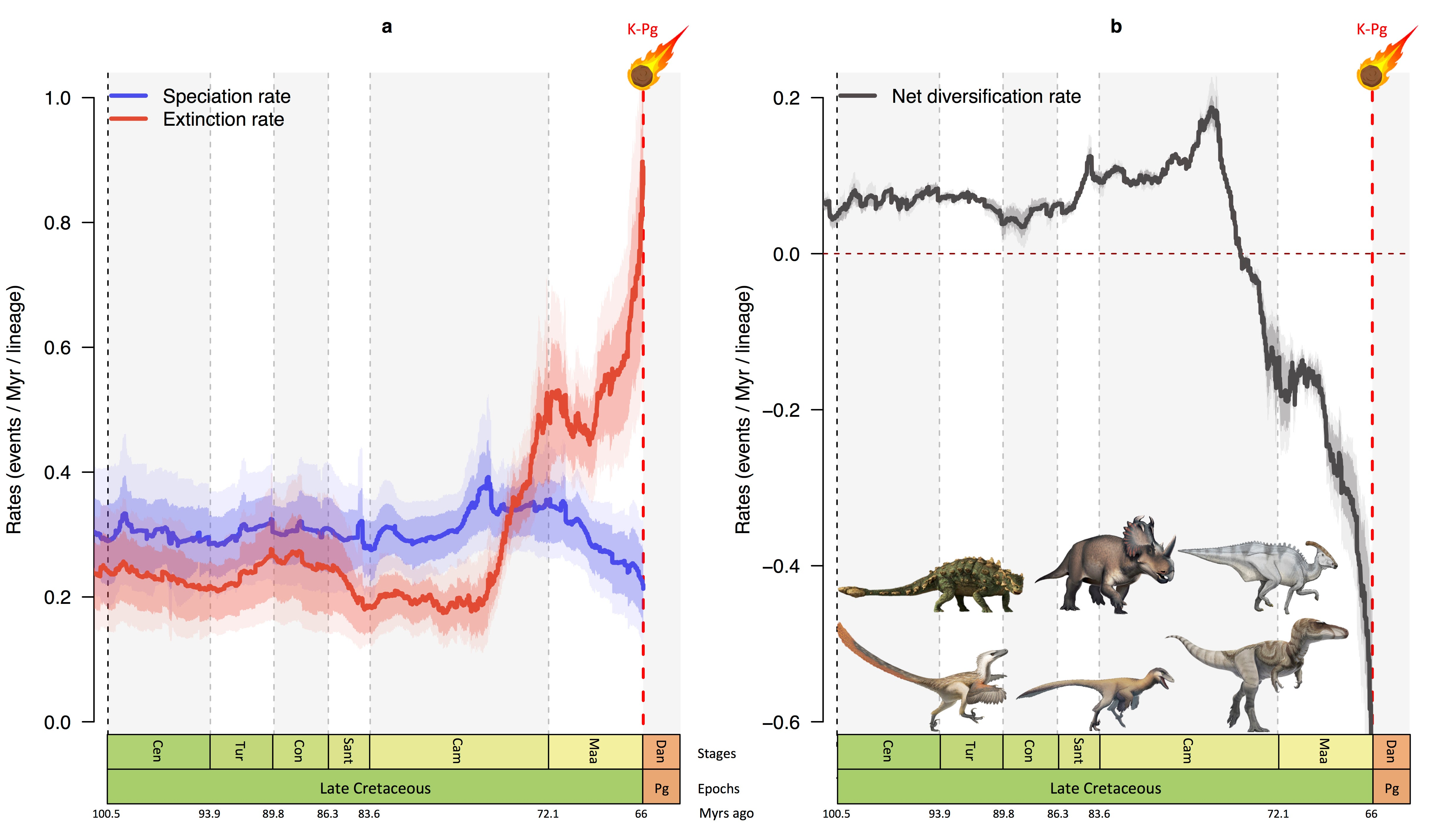Bremer Canyon orcas are captivating apex predators that draw attention each summer as they gather in the deep underwater canyons off the south coast of Western Australia. This location has become a hotspot for whale watching Australia enthusiasts eager to glimpse the incredible marine life, which includes thrilling encounters with orcas hunting blue whales. Recently, a pod of over 60 orcas was observed engaging in a dramatic hunt, targeting an endangered pygmy blue whale, an event that underscores their fierce predator behavior. The stunning footage captured the brutal reality of nature, showcasing not just the orcas’ predatory skills but also the delicate balance within this marine ecosystem. Such incidents in Bremer Canyon excite marine biologists and whale watchers alike, reminding us of the wild, often harsh dynamics of ocean life.
The orcas of Bremer Canyon represent a remarkable spectacle in the ocean’s complex food web, often seen as symbols of power and intelligence among marine wildlife. These intelligent marine mammals, often referred to as killer whales, are not just predators but play an essential role in maintaining the health of marine ecosystems. Each summer, these magnificent creatures thrive in this underwater canyon region, where they can be witnessed executing impressive hunting strategies on large prey like the endangered pygmy blue whale. Whale enthusiasts flock to this area for an unrivaled opportunity to observe wild orca behaviors, including their social interactions as they work cohesively during hunts. The dynamic interplay of predator and prey in places like Bremer Canyon offers a stark look at nature’s design while providing a unique perspective into the lives of orcas and other marine inhabitants.
Bremer Canyon: A Vital Ecosystem for Marine Predators
Bremer Canyon, with its dramatic underwater topography, serves as a crucial feeding ground for numerous marine species, notably apex predators. The presence of orcas in this environment highlights the canyon’s ecological significance, as these intelligent mammals dominate the food chain. Ancient underwater valleys and nutrient-rich upwellings foster an abundance of marine life, making it a hotspot for whale watching in Australia. Tourists flock to this majestic region, eager to witness the intricate interactions between its well-adapted residents, including not just orcas, but also sharks, pilot whales, and the elusive beaked whales.
This summer, the Bremer Canyon has experienced extraordinary marine activity, particularly due to the hunting behavior of pods of orcas. Their predatory strategies are fascinating, often involving complex social interactions and teamwork to hunt larger prey, showcasing their intelligence and adaptability. Moreover, the opportunity to observe such wildlife behaviors in their natural habitats adds significant value to the conservation conversation concerning endangered species, reminding us of the delicate balance that exists within these ecosystems.
Orcas Hunting Blue Whales: Nature’s Gruesome Reality
The shocking sight of orcas hunting and killing a pygmy blue whale in Bremer Canyon is a vivid reminder of the brutal realities of nature. This particular event, witnessed by tourists and marine biologists alike, highlights the complex predator-prey dynamics that unfold beneath the ocean’s surface. The sophisticated hunting techniques of orcas, including their ability to communicate and strategize as a pod, enable them to target large marine animals effectively. This occurrence sheds light on how orcas’ behaviors are not only fascinating but also critical for their survival as top predators.
However, it is also important to address the ethical considerations surrounding such events. While the gruesome nature of the hunting may evoke discomfort, it presents an essential aspect of marine life that contributes to ecological balance. The pygmy blue whale, sadly, is an endangered species, making these interactions not just a display of raw nature, but a poignant reminder of the fragility of marine biodiversity. Each observation serves to deepen our understanding of orca behavior and the importance of conservation efforts aimed at protecting vulnerable whale species.
Endangered Species and Apex Predators: A Delicate Balance
The encounter between orcas and the pygmy blue whale in Bremer Canyon spotlights the urgent need for awareness regarding endangered species. The hunt revealed a powerful dynamic within marine ecosystems, as orcas wield their dominance over larger prey, reflecting their role as apex predators. Conservationists stress the importance of these ecosystems while calling attention to the plight of the pygmy blue whale, reminding us that even the ocean’s top hunters are part of a fragile web of life. Protecting such endangered species is vital not just for their survival, but for maintaining the health of marine ecosystems.
Moreover, the incidents recorded in Bremer Canyon emphasize the importance of responsible whale watching. Tourists and researchers must engage in practices that minimize disturbances to wildlife while observing marine behavior. As marine biologist Jennah Tucker expressed, while witnessing the rawness of nature can be emotional, it highlights the imperative for balanced stewardship of our ocean environments. Ensuring that future generations can experience these magnificent creatures in their natural habitats demands our collective responsibility to protect both the predators and their prey.
Bremer Canyon: Whale Watching and Marine Education
Bremer Canyon has not only become a prime location for observing orcas in their natural habitat but also serves as a vital learning center for marine biologists and enthusiasts alike. Whale watching tours provide guests with a unique opportunity to witness the behaviors and interactions of various marine species, fostering a deeper appreciation for these majestic creatures. These excursions are designed not only for entertainment but also for education, aiming to inspire visitors to contemplate the ocean’s ecosystems and their conservation.
Additionally, educational programs and guided tours at Bremer Canyon work to create awareness about the challenges faced by marine life, including the threats posed by climate change and human activities. By understanding the role of orcas as apex predators, visitors are better equipped to advocate for responsible practices that safeguard marine biodiversity. The developmental environment of Bremer Canyon unites the allure of wildlife observation with the necessity for environmental education, making it an important location for both recreational and academic purposes.
Understanding Orcas: The True Nature of the Killer Whale
Often referred to as ‘killer whales,’ orcas are actually the largest members of the dolphin family and are renowned for their intelligence and complex social structures. Their unique vocalizations and social behaviors allow them to communicate effectively within their pods, enabling cooperative hunting strategies. This aspect of orca life captivates marine enthusiasts and researchers, who continue to study their interactions, not just with one another but with other marine species in Bremer Canyon and beyond. Understanding orca behavior enhances our knowledge of marine ecosystems and highlights the sophisticated nature of these apex predators.
Additionally, the perception of orcas as mindless killers is a misconception fueled by sensationalism in popular culture. Instead, their hunting tactics are a reflection of their adaptation and survival instincts. Each encounter, such as the recent orca hunt of the pygmy blue whale, emphasizes the natural order and the ecological roles these mammals play in the ocean. By educating ourselves about the true nature of orcas, we can foster a greater respect for these beings, recognizing their importance not just as predators, but as vital components of marine biodiversity.
The Role of Orcas as Apex Predators in the Marine Ecosystem
Orcas play a critical role as apex predators in the marine ecosystem, influencing the populations of species they prey upon, including larger whales such as the endangered pygmy blue whale. Their predation helps to maintain the health and balance of the marine food web. By targeting the most vulnerable individuals in prey populations, orcas contribute to the natural selection process, reinforcing stronger genetic lines. This dynamic maintains the ecological equilibrium that is essential for the survival of various marine species.
Moreover, orca hunting behaviors provide insight into the functioning of marine ecosystems. Their sophisticated methods of collaboration during hunts demonstrate their intelligence and adaptability. Bremer Canyon offers a unique vantage point for observing this behavior in action, making it a significant site for ongoing research into predator dynamics. By studying orca hunting patterns, scientists can infer broader ecological trends, which can be critical for the conservation of endangered species and the overall health of the marine environment.
The Emotional Impact of Observing Orcas in Action
Witnessing the hunt of a pygmy blue whale by a pod of orcas evokes a range of emotions, from awe to sorrow. Events like these challenge our perceptions of nature, illustrating the stark realities of predator-prey relationships. For those—like marine biological researcher Jennah Tucker—present during such encounters, the experience can be both enlightening and emotionally taxing. The raw power displayed by orcas in their traditional hunting ground is a testament to their survival instincts, yet it also serves as a harsh reminder of the plight faced by endangered species.
While many audiences may initially feel discomfort when confronted with the violent realities of nature, such experiences prompt deeper discussions regarding the ethics of wildlife observation and conservation. Engaging with experts and learning from these events allows observers to grapple with the complexity of nature’s laws, fostering a greater understanding of the interconnectedness of all marine life. Appreciating the emotional weight tied to these interactions ultimately cultivates a stronger commitment to protecting both apex predators and their endangered prey.
Conservation Efforts: Protecting Orcas and Their Prey
The existence of large marine wildlife, including orcas and endangered species like the pygmy blue whale, relies heavily on effective conservation efforts. Organizations and researchers working in Bremer Canyon advocate for sustainable practices and the protection of marine habitats, aiming to mitigate the pressures posed by human activities. As public awareness increases regarding the realities of orca hunting practices and their implications for endangered species, the call for accountability and proactive measures intensifies. Whale watching companies are also encouraged to follow guidelines that minimize disturbance to these sensitive populations.
Furthermore, conservation strategies must focus on preserving the ecosystems supporting these species. Research initiatives would do well to examine and implement protective measures that ensure the longevity of both orcas as apex predators and their prey. Engaging local communities, educating the public, and involving tourists will be crucial steps in fostering a culture of preservation. In taking collective action, we can secure a future where orcas and endangered species thrive in their natural habitats, enhancing both marine biodiversity and educational opportunities for generations to come.
Frequently Asked Questions
What is the significance of Bremer Canyon orcas in whale watching Australia?
Bremer Canyon orcas are vital to whale watching in Australia, as they attract tourists looking to observe these apex predators in their natural habitat. The summer months see an influx of visitors eager to witness the unique marine life, including orcas hunting blue whales, in this underwater canyon.
Why do orcas hunt blue whales at Bremer Canyon?
Orcas hunt blue whales at Bremer Canyon primarily due to the area’s rich marine biodiversity, which provides ample food sources. Their hunting behavior is a demonstration of their predator skills, as seen during the brutal yet natural display of a pod overwhelming a pygmy blue whale.
What types of marine life can be seen at Bremer Canyon?
Bremer Canyon is home to a diverse range of marine life, including orcas, sharks, pilot whales, beaked whales, and the endangered pygmy blue whale. This variety makes it a hotspot for researchers and whale watching enthusiasts alike.
How often do orcas display predator behavior at Bremer Canyon?
Orcas display predator behavior frequently at Bremer Canyon, with events such as them hunting blue whales being recorded only a few times. Such occurrences highlight their role as apex predators in the ocean, captivating both tourists and marine biologists.
What impact does orca hunting have on endangered species like the pygmy blue whale?
Orca hunting can significantly impact endangered species like the pygmy blue whale, as seen in recent events at Bremer Canyon where orcas killed a pygmy blue whale. This dynamic illustrates the delicate balance of marine ecosystems and the challenges faced by vulnerable species.
Can you observe orcas with young calves at Bremer Canyon?
Yes, visitors can observe orcas with young calves at Bremer Canyon. During recent whale watching tours, several orca family groups were noted, including young orcas, emphasizing the importance of this location for both hunting behaviors and social structures within pods.
What is the emotional impact of witnessing orcas hunt in Bremer Canyon?
Witnessing orcas hunt in Bremer Canyon can be emotionally intense. While the display of predator behavior is a natural part of marine life, it can be heart-wrenching to watch, especially when it involves endangered species like the pygmy blue whale.
Why are Bremer Canyon orcas referred to as apex predators?
Bremer Canyon orcas are referred to as apex predators because they are at the top of the marine food chain. Their ability to hunt large whales, such as the pygmy blue whale, showcases their hunting skills and ecological importance within the ocean.
What should tourists expect when whale watching in Bremer Canyon?
Tourists whale watching in Bremer Canyon can expect to see dramatic displays of orcas hunting and interacting with other marine life, alongside opportunities to learn about marine ecosystems and efforts to protect endangered species like the pygmy blue whale.
How can tourists participate in responsible whale watching in Bremer Canyon?
Tourists can participate in responsible whale watching in Bremer Canyon by choosing eco-friendly tours that prioritize marine conservation and by respecting wildlife viewing guidelines to minimize disturbance to the orcas and their diet, including endangered species.
| Aspect | Details |
|---|---|
| Location | Bremer Canyon, off the south coast of western Australia. |
| Season | Every summer. |
| Marine Predators | Includes sharks, pilot whales, beaked whales, and orcas. |
| Recent Event | A pod of over 60 orcas hunted a pygmy blue whale. |
| Pygmy Blue Whale Length | Approximately 59 feet (18 meters). |
| Hunt Duration | Lasted less than 40 minutes. |
| Emotional Reaction | Witnesses expressed shock and discomfort but acknowledged it as natural. |
| Orca Behavior | Orcas acted as apex predators, showcasing complex social behavior during the hunt. |
Summary
Bremer Canyon orcas have recently captured public attention due to their remarkable yet brutal hunting display. In a dramatic event, over 60 orcas hunted down a pygmy blue whale, showcasing their role as apex predators. This summer seasonal behavior highlights the natural predatory instincts of these intelligent marine animals. Witnesses, including marine biologists, noted the emotional weight of observing such a significant ecological event, reminding us of the harsh realities of the ocean despite our instinctual sympathy for the hunted. As Bremer Canyon continues to thrive as a feeding ground, it emphasizes the importance of these ecosystems and their residents.



